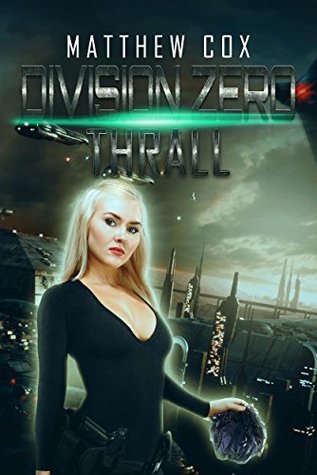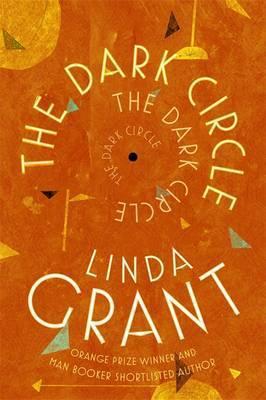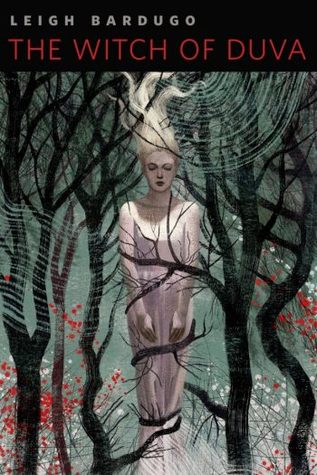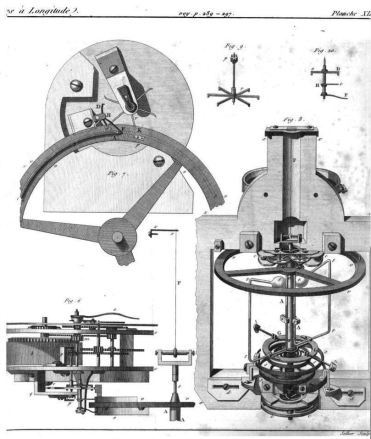 Cox blends demonology and cybernetics with social commentary to produce a story that provides both accessibility and depth.
Cox blends demonology and cybernetics with social commentary to produce a story that provides both accessibility and depth.
This novel is volume three in the Division Zero series. The author accepts no liability for mnemonic contamination to readers proceeding past this point.
Agent Kirsten Wren should be happy: her adoption of Evan is proceeding smoothly; Konstantin, the billionaire who helped her dismiss a demon, is politely but determinedly wooing her; and no one has tried to kill her for an entire week. However – while she’s shed the trauma of her abusive mother – the heights of society to which Konstantin introduces her bring back memories of her time living on the streets, and the disdain for the rich that went with them. Already struggling to choose between a man she loves and a world she doesn’t hate, she discovers that the dark forces that unleashed the demon have subverted a diplomat; and that she only has one week to foil their plot before the government excise the potential liability.
Building on the metaphysical revelations of the previous volumes, Cox continues his exploration of a world containing both high-technology and the occult. However, with a significant area of the mystical framework already revealed in the previous book, Kirsten’s impressive psionic powers and their possible source are more of a tool than a plot thread, making the book feel closer to classic cyberpunk than some of Cox’s other work – even with the demonological threat rising.
As with his other works, Cox runs plausible threads of day-to-day life alongside those of preternatural conspiracy. In this case, juggling work commitments, dating, and providing a good home for a growing boy.
With Konstantin both a boyfriend and a possible target of the occult conspiracy, and Evan’s psionic powers developing, these threads cross and recross, providing Kristen both unexpected assistance and more complex issues.
Kirsten continues to be a sympathetic and nuanced protagonist. Her struggle to balance her like for Konstantin with her dislike of the world of ultra-wealthy society is likely to resonate with any reader whose partner has friends, family, or colleagues they don’t get on with. And her memories of her childhood after she ran from her mother are filled with nuance: with hindsight, some of the things she did to survive seem traumatic, but if they didn’t seem that way at the time should she reject the judgement of society that labels them so? Throughout her struggles, her love for Evan and her belief in justice provide plausible support.
The supporting cast, both old and new, are equally complex. Konstantin develops as a considerate and patient almost-boyfriend, yet also displays enough hints of the ruthlessness and self-entitlement that can come with wielding great wealth to not seem a virtuous cipher. Evan’s growing powers saddle him with truths he lacks the experience to express, creating the image of normal childhood chaos dialled up to eleven. The authorities are the same mix of compassion, pragmatism, and bureaucratic self-interest they are in the real world. And those with strong world-views, whether scientific or spiritual, are each a unique blend of tolerance and dogmatism.
Overall, I enjoyed this novel greatly. I recommend it to readers who enjoy cyberpunk thrillers or urban fantasy.
I received a free copy from the author with a request for a fair review.
Advertisements Share:




